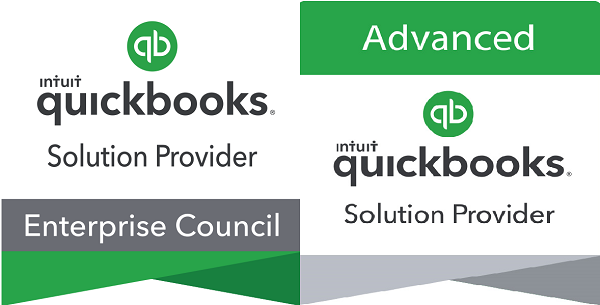Lately I’ve been working with clients on their budgets. I notice they spend a lot of time on maximizing the income section and then they treat the expense section like a ball and chain and feel they have no options. I suggest clients review monthly expenses at least once a year. Call vendors to see if they can reduce fees or change service plans.
I will call my vendors and ask about plan changes for cell phones, internet, software contracts, website hosting, and fax service. I often find that my usage is examined and a plan change will save me money or provide additional benefits that I need. These calls take time, but the benefit is ongoing savings. Many times we wait until a contract expires to re-negotiate. Sometimes these contracts auto renew or we are too busy to make changes when they expire. Calling the vendors on your schedule gives you time to consider the options and make better choices.
I also suggest that clients call their banks about fees. Quite often clients are paying numerous fees or keeping minimum balances on a large number of accounts. One client had a credit line that he was using to maintain minimum balances in numerous accounts at the same bank. The banks want to keep business accounts and are often willing to write off fees or update the account to a different fee structure.
If you schedule a call once a year for multi-year and recurring expenses and you will be surprised at the ongoing savings that you can achieve. Also look at the vendor and see how their services are meeting your needs. I often find that changing vendors can also save me money, however this involves more time and unless you see significant advantages, this may not be the best strategy.


